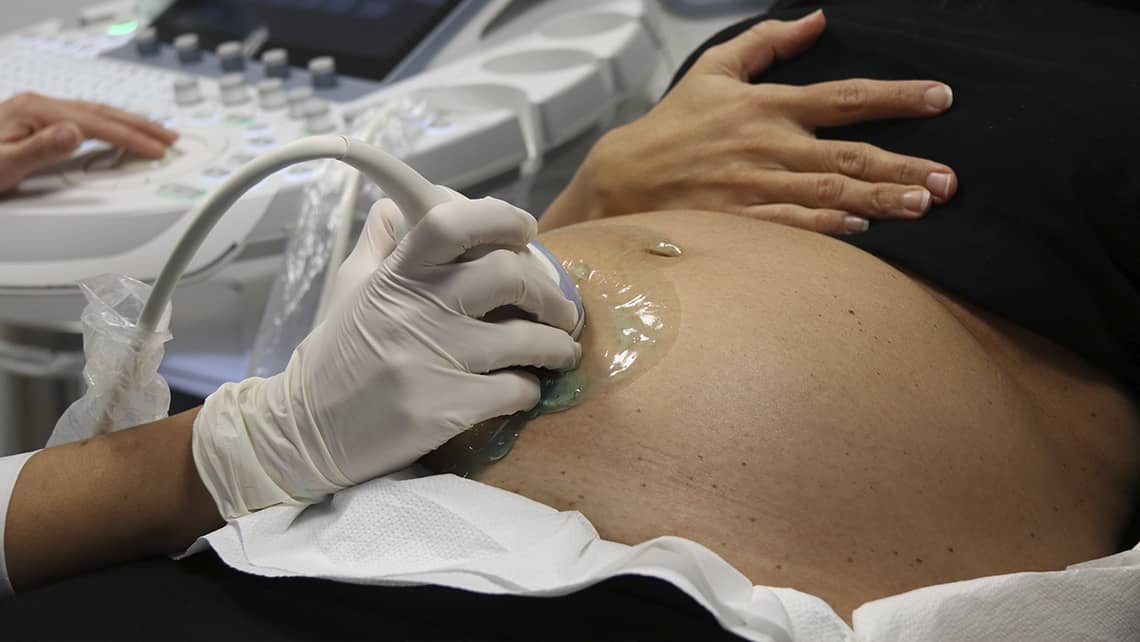40% of registered births in Spain in 2023 are from mothers over 35 years of age.
February, 23rd 2024

- At the age of 30, a woman has half the likehood of becoming a mother, and after the age of 35, the probabilities decrease significantly.
- Doctors specialised in reproductive medicine at Instituto Bernabeu warn that delaying childbearing increases the risk of difficulties in conceiving.
- According to the latest INE report, only 322,075 children were born in 2023, 24% less than 10 years ago.
Latest statistics from the National Statistics Institute (INE in Spanish) on births in Spain during 2023 show that only 322,075 children were born last year, the worst figure since the INE’s historical series began in 1941 and a fall of 24.1% in the last decade. Also striking is the increase in the average age at which women have children since, as the Instituto Bernabeu team warns, 40.2% of registered births are to mothers over the age of 35, an age marked as the limit of fertility, since after that age the chances of conceiving decreases significantly for women.
“Delaying childbearing is one of the main triggers of the falling birth rate because age is one of the main obstacles to achieving pregnancy. At the age of 30 a woman is half as likely to become a mother as she was at 20-24. And after the age of 35 it decreases significantly”, emphasise the specialists at Instituto Bernabeu.
Analysing the data by age, there are already more births to mothers aged 40 or over (10.7% of the total) than to women under 25 (9.4%). Moreover, it should be borne in mind that, whereas in 1980 Spanish women had their first child at the age of 25.6, today the first baby is born to a woman who is 32.6 years old (this figure may rise in the INE new report).
All this explains why more and more Spanish couples have problems having children in Spain (around 20%) and assisted fertility clinics are dealing with higher volume of cases. Currently, 1 in 6 children in the world are born through assisted reproduction techniques and, in women over 41 years of age, 50% of births are through egg donation. The average age of patients attending Instituto Bernabeu’s clinics has been increasing over the last 40 years and is now 39.6 years old. If we take into account those who need to resort to egg donation, the age exceeds 42.2.
However, this birth crisis is also influenced by the fact that both sperm quality and sperm concentration have fallen dramatically by 51% worldwide. The rate of decline is huge: since 1973 sperm concentrations has fallen at an annual rate of 1.16
% and, at the turn of the century, at a rate of 2.64%.
According to WHO guidelines, a man is considered to be sub-fertile when his sperm concentration is below 40 million per millilitre and infertile when it is below 15 million per millilitre. The average obtained in the samples collected by Instituto Bernabeu indicate that the average man attending the clinic is sub-fertile, as the average is 33.5 million spermatozoa per millilitre.
